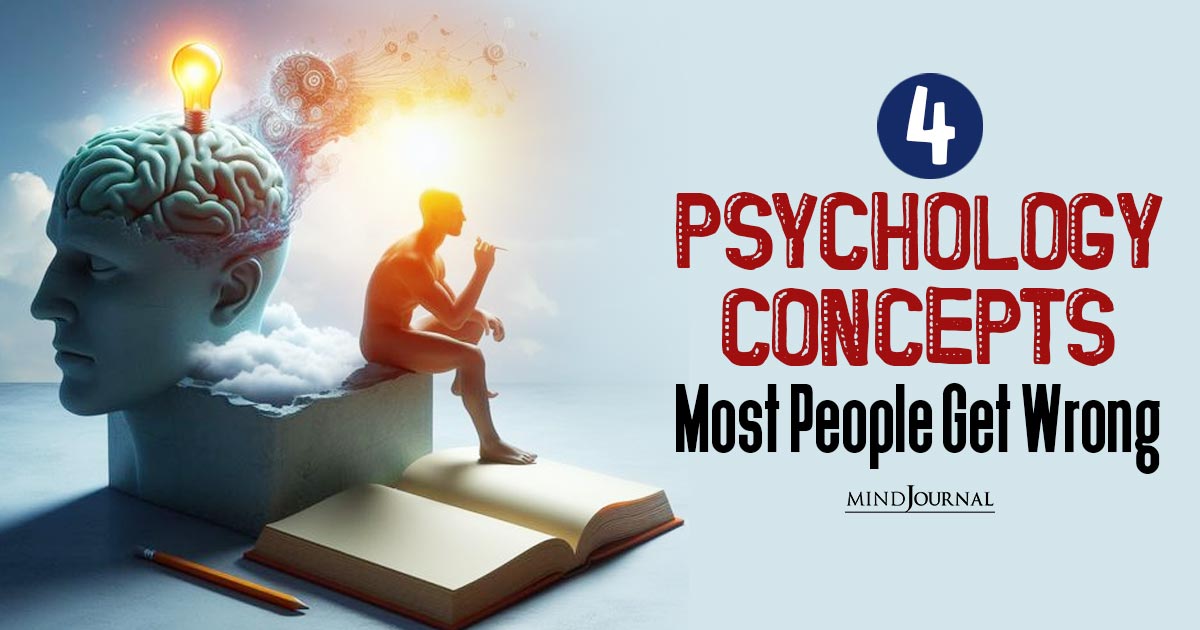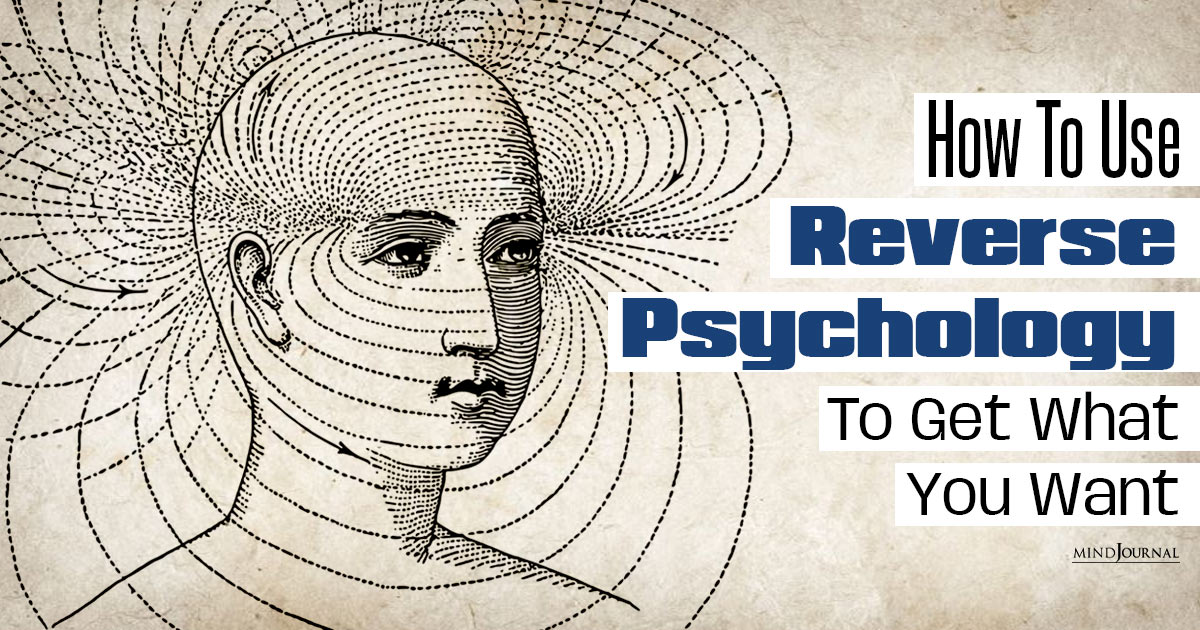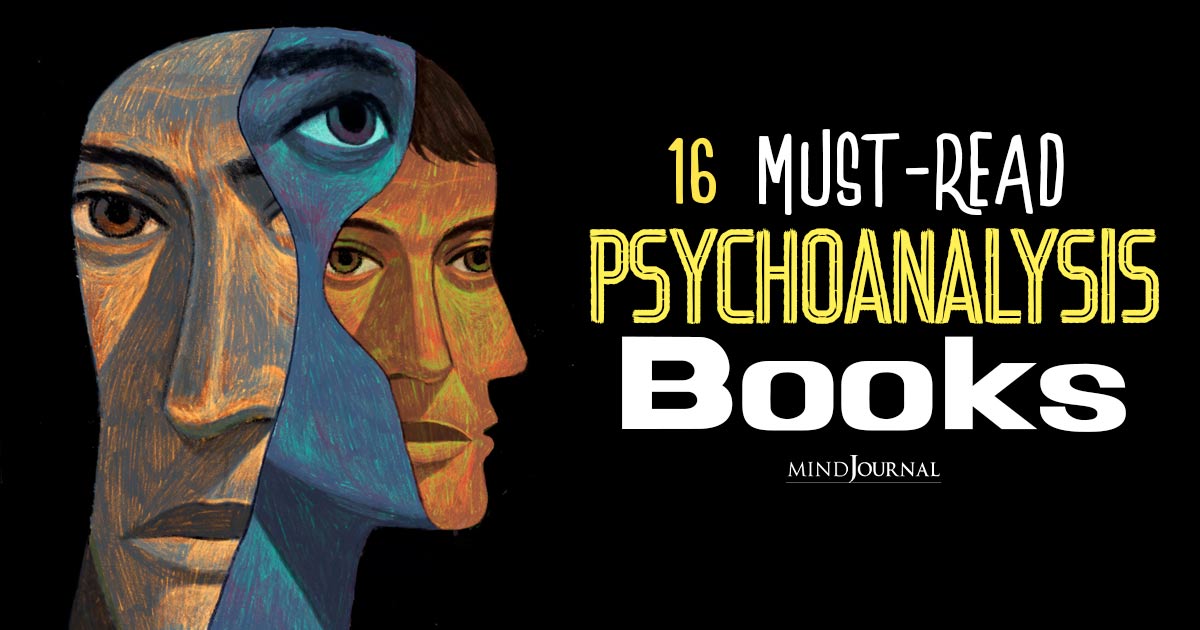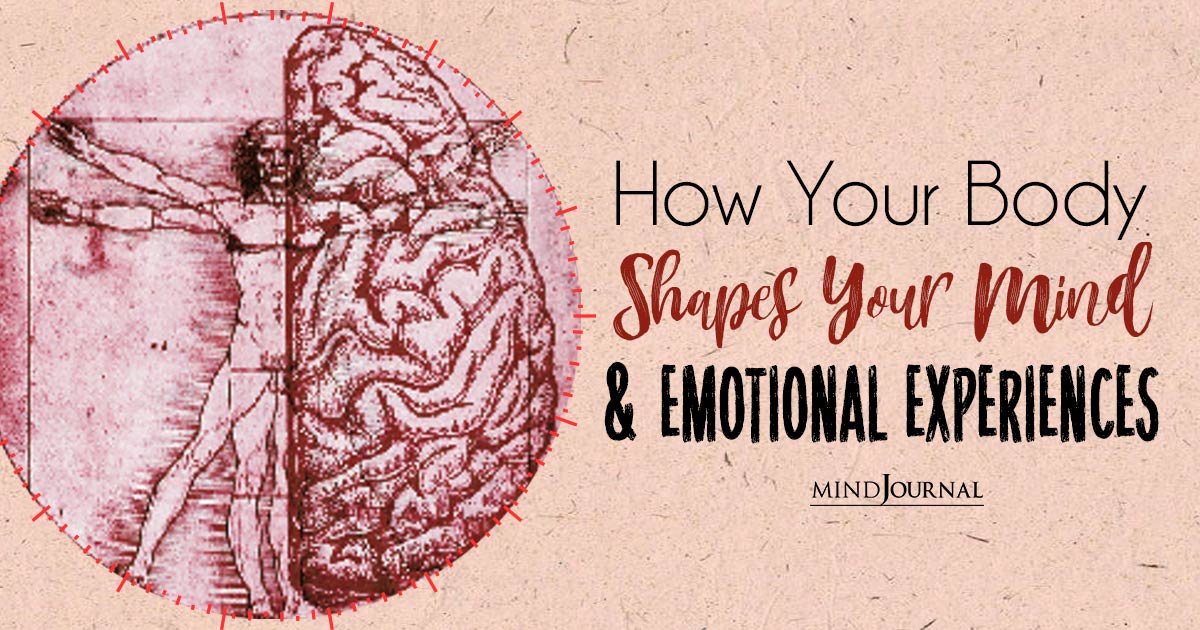There are few things in life more important to your overall happiness than the quality of your relationships. And among all the relationships you build and foster throughout your life, few stand out as the one with your significant other. Here’s the psychology of failing relationships.
Your partner gets to experience you in ways only a few people ever do. They share your highest achievements, your deepest crises, and every mundane moment in between. They have seen you at your best, and they have seen you at your worst – with all your shortcomings and imperfections – and yet they still choose to love and embrace you as you are. The bond you share with your partner is unique, and it can be your biggest source of strength. That is, until the relationship grows sour.
Psychological Inflexibility
In my decades as a psychologist, I’ve devoted many years studying human misery. And thousands of independent studies make it clear that suffering is often the result of something called psychological inflexibility. This may sound complex, but it basically means that your mind adjusts in maladaptive ways to life’s challenges. You take short term gains at the cost of long term pains.

When you are psychologically inflexible, you get stuck on fears, worries, and self-doubts – and then judge yourself for having these thoughts and feelings in the first place. Instead of living by your better intentions, you get sucked in by moods, thoughts, and momentary urges, making you act in ways detrimental to your health and well-being. More and more, you live life on automatic pilot, while life is passing you by.
Related: 3 Types Of Chemistry You Need To Experience True Love
Psychological inflexibility is a recipe for personal disaster, which is why it’s causing and facilitating many ailments of the mind – from anxiety, to depression, to even addiction. And unfortunately, the harm doesn’t stop there. In a new, large, and well-done “meta-analysis” (that’s a study that statistically summarizes many studies), psychologists Daks and Rogge from the University of Rochester tracked the effects of psychological inflexibility on romantic relationships. They asked –
If a person is psychologically inflexible, how does it affect the relationship with their significant other?
Well, as it turns out, the answer is bad.
People who are psychologically inflexible not only experience more distress and suffering, they also experience less satisfaction in their relationship. They are less satisfied with their sex life, and show less emotional supportiveness towards their partner. Naturally, their partner doesn’t get much satisfaction out of the relationship either.
People who are psychologically inflexible are more likely to act in destructive and abusive ways – from yelling, insulting, pushing, slapping, and abusing their partner. And ultimately, they are more likely to feel insecure in their relationship and struggle to build a close bond with their partner.
In short, psychological inflexibility not only invites suffering and mental anguish to a person’s own life – it also poisons their relationship with their significant other.
Related:11 Signs To Know If Your Marriage is Just Unhealthy Or Completely Toxic
Reason For Failing Relationships
The reason why many romantic relationships fail is because one or both partners is or becomes psychologically inflexible. Instead of being present with their partner and themselves – by paying attention to their partner’s emotional world and their own deeper needs – they defend.

Instead of actively engaging in difficult (but necessary) conversations, they avoid them or resort to blaming, insulting, and yelling. They fail to set priorities for the relationship, fail to make time for tending, and fail to use setbacks and challenges as opportunities for growth.
It doesn’t have to be this way.
Psychological Inflexibility Is Not A Birth Defect.
It’s not something you either have or you don’t, and if you have it, you are in bad luck. Instead, it’s a way of acting that can be disrupted. People can learn to practice flexibility skills, so they not only become mentally stronger as individuals but also more satisfied and secure inside their romantic relationships. There are already studies examining the effectiveness of training couples in flexibility skills using Acceptance and Commitment Therapy (ACT) or related methods. This new meta-analysis will make that work even more important.
Related: Is Your Partner A Potential Cheater? Take This Infidelity IQ Quiz To Find Out
Psychological flexibility is a set of skills. And if you learn them well and apply, you not only empower yourself to become happier and better adjusted, but also might just empower your relationship.
If you want to learn more about psychological flexibility and how you can practice it to become more happy and fulfilled, check out any of the major ACT self-help books from me or any of the other well-known ACT authors.
**************
- S. Here is the reference for that cool new meta-analysis:
Daks, J. S., & Rogge, R. D. (2020). Examining the correlates of psychological flexibility in romantic relationship and family dynamics: A meta-analysis. Journal of Contextual Behavioral Science, 18, 214-238. DOI: 10.1016/j.jcbs.2020.09.010
Written by: Steven C. Hayes, PHD
For information on his training go to www.praxiscet.com
Originally appeared on: Stevenchayes.com
Republished with permission










Leave a Reply
You must be logged in to post a comment.